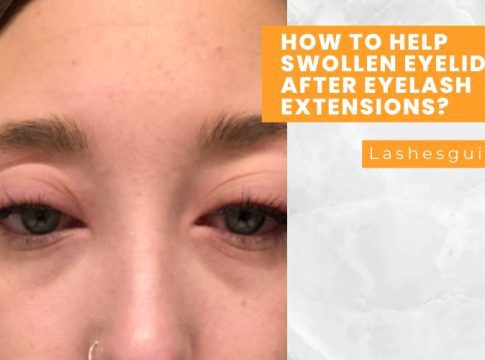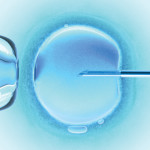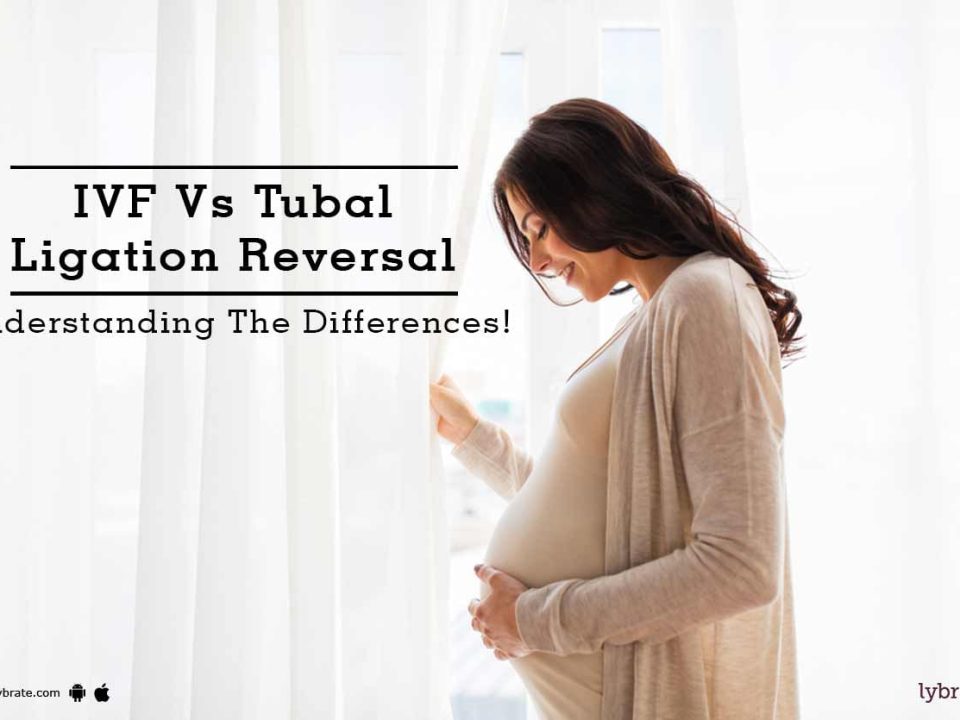How to Help Swollen Ovaries After IVF: Your Complete Guide to Feeling Better
Swollen ovaries after IVF can feel like an unexpected twist in your fertility journey. You’ve made it through injections, egg retrieval, and maybe even embryo transfer—only to find your body throwing a curveball with bloating, discomfort, or that heavy feeling in your pelvis. If this sounds familiar, you’re not alone. It’s a common experience tied to a condition called Ovarian Hyperstimulation Syndrome (OHSS), and while it can be overwhelming, there are ways to ease the strain and get back to feeling like yourself.
This guide is here to walk you through everything you need to know about managing swollen ovaries after IVF. We’ll cover why it happens, what you can do at home, when to call your doctor, and even some lesser-known tips that don’t always make it into the usual advice columns. Whether you’re dealing with mild puffiness or something more intense, you’ll find practical steps, science-backed insights, and a little encouragement to help you through.

Why Do Ovaries Swell After IVF?
Swollen ovaries often show up after IVF because of the hormonal rollercoaster your body rides during treatment. To get those eggs ready for retrieval, fertility doctors use medications like follicle-stimulating hormone (FSH) and human chorionic gonadotropin (hCG). These drugs tell your ovaries to kick into high gear, producing multiple eggs instead of the usual one per cycle. It’s like asking a small garden to suddenly grow a whole farmer’s market—amazing, but it can leave things a bit crowded and stretched.
When your ovaries overreact to these hormones, they can swell up and even leak fluid into your belly. That’s OHSS in a nutshell. It happens to about 1 in 3 women going through IVF to some degree, though severe cases are rare—less than 1%—thanks to better monitoring and protocols today. Still, even mild swelling can make you feel bloated, tender, or just plain off.
Here’s what’s going on inside:
- Extra Follicles: Those meds can create 10, 20, or more egg sacs (follicles), way more than your ovaries are used to handling.
- Fluid Shift: Hormones like hCG can make blood vessels leaky, sending fluid into your abdomen or pelvis.
- Pregnancy Boost: If you get pregnant after embryo transfer, rising hCG levels can keep the swelling going longer.
The good news? Most cases clear up on their own within a week or two, especially if you don’t conceive. But if you’re pregnant, it might stick around a bit longer—sometimes a few weeks. Knowing why it happens can help you feel less blindsided and more in control.





